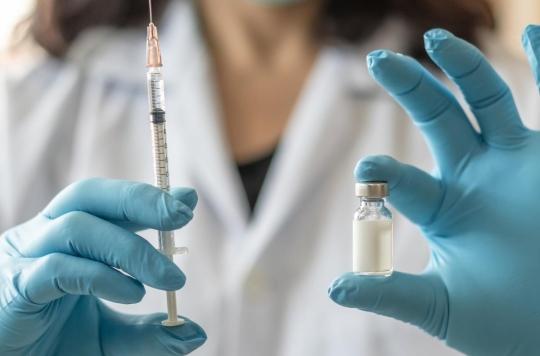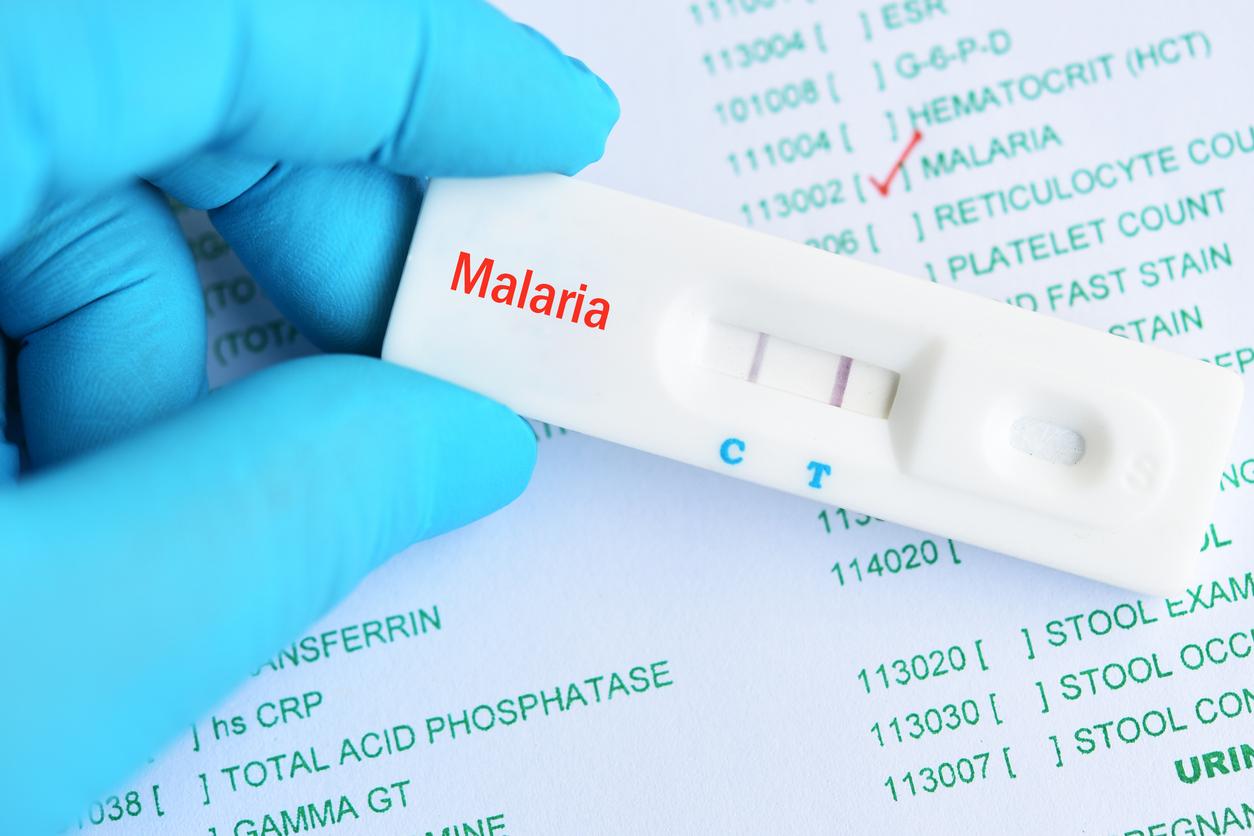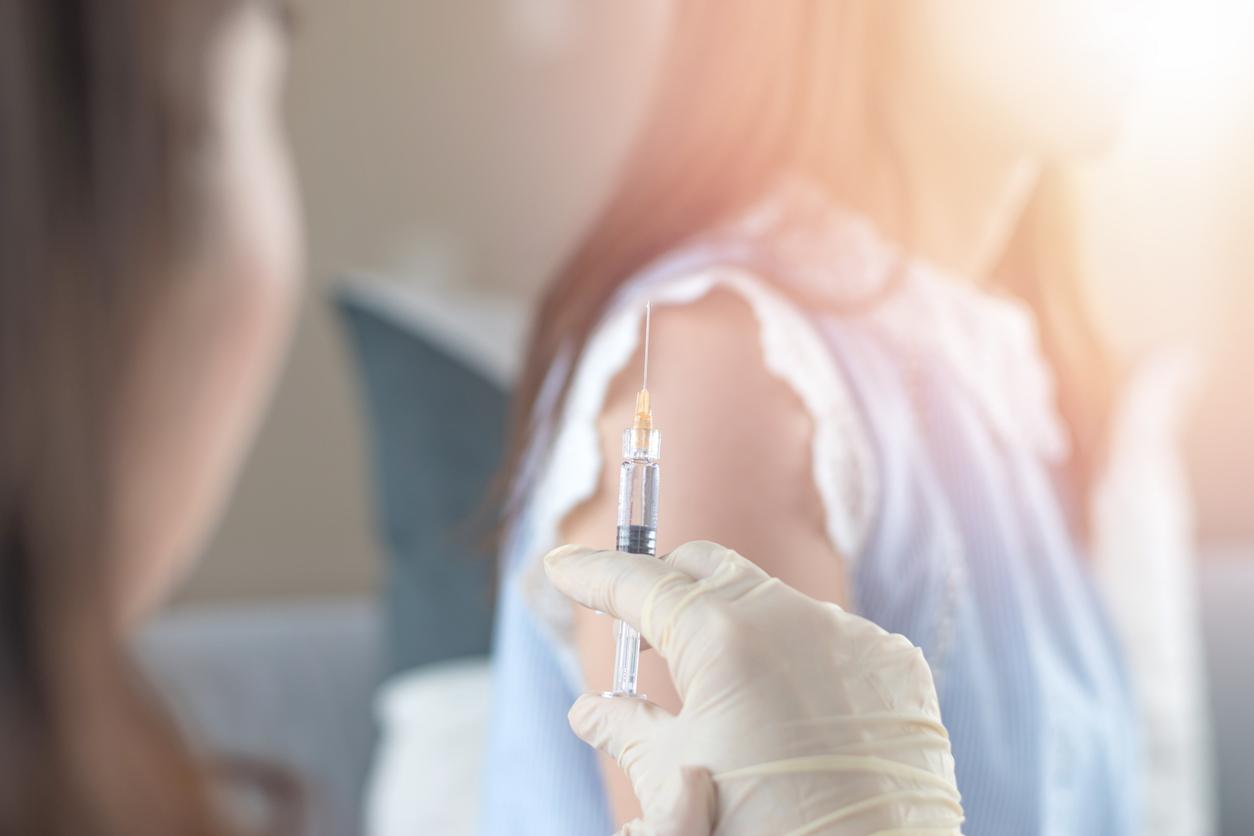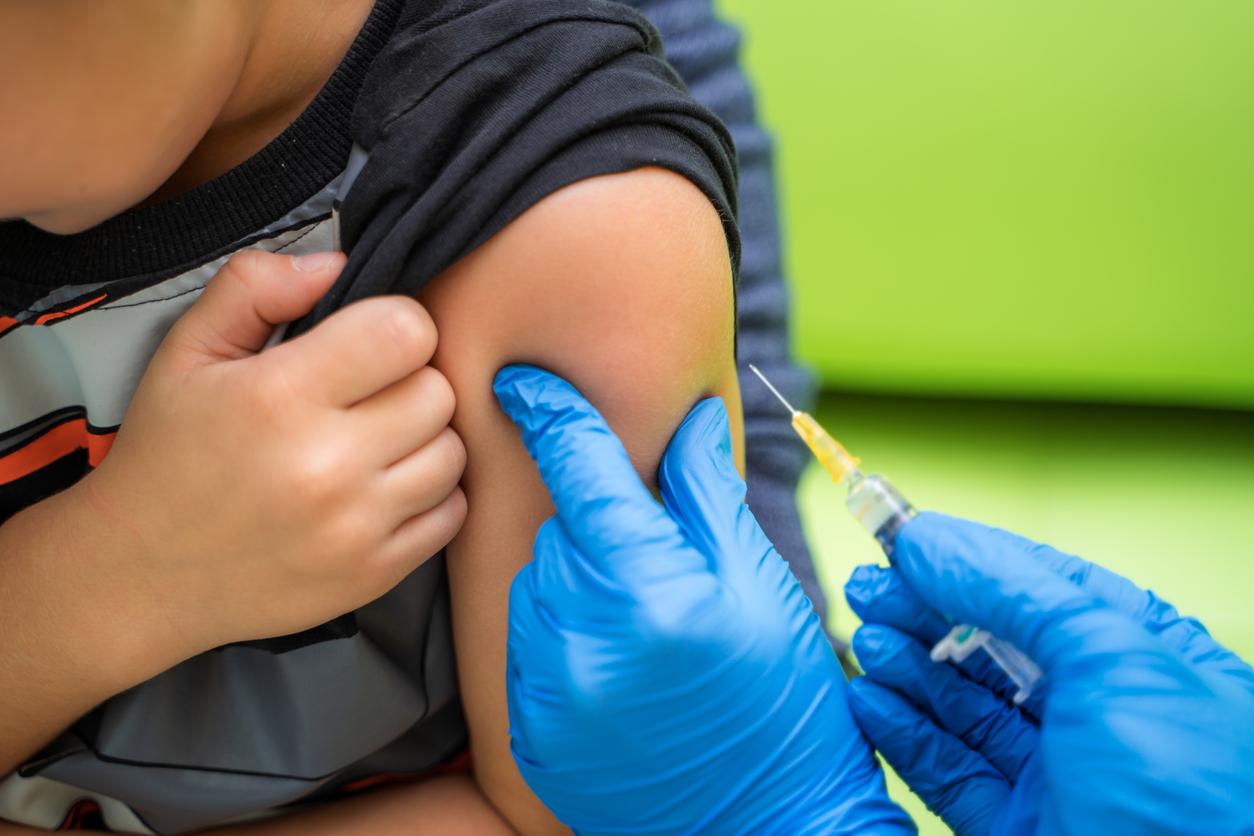Developed by scientists at Oxford University, the vaccine is 70-80% effective in preventing malaria.

- In 2020, the WHO counted more than 620,000 malaria-related deaths.
- On the African continent, 80% of malaria-related deaths concern children under 5 years old.
- The WHO authorized a first vaccine against malaria in 2021, the RTS,S.
It is a new hope in the fight against malaria. Researchers from the prestigious University of Oxford reveal the effectiveness of a vaccine booster in preventing the disease. Their results, published in the specialized journal Lancet Infectious Diseases, show that the serum achieves the goals set by the World Health Organization, i.e. a minimum efficacy of 75%. In this study, they observed the effects of the administration of a booster dose, one year after the primary vaccination in three doses.
An effective reminder
“Malaria is a life-threatening human disease caused by parasites transmitted by the bites of infected female Anopheles mosquitoes.“, recalls theWorld Health Organization. If the disease can be cured, some people are more at risk of developing a serious form: children under 5, immunocompromised people, pregnant women, etc. This publication reveals the results of a phase IIb trial, conducted in Burkina Faso, with the objective of testing the efficacy of the R21/Matrix-M vaccine in the prevention of malaria. 450 participants aged 5 to 17 months were recruited for the study, then divided into three groups: the first two received a booster dose (either a low dose or a high dose), and the third received a vaccine against rabies. “Each child received the same booster vaccination as their primary vaccination, specify the authors. The doses were administered in June 2020, well before the peak of the malaria season“In the group of children given the highest booster dose, the vaccine was 80% effective against malaria, and 70% in the group given the lowest dose.”Antibody levels were similar to those recorded after the primary vaccinations, 28 days after the administration of the booster doses”add the authors.
Other expected results
“It’s fantastic to see such high efficacy after a single booster dose of vaccine.”, welcomes Halidou Tinto, professor of parasitology and principal investigator in this study. This conclusive trial was followed by a phase III trial, which is still ongoing. Its objective is to test the effectiveness of the vaccine on a large scale. For this, 4,800 children aged 5 to 36 months were recruited in four African countries. The results are to be published this year. According to Halidou Tinto, the objective is “to authorize this vaccine for widespread use next year”. For Gareth Jenkins, advocacy director at UK-based Malaria No More, these results offer hope for “end, in our lifetime, child deaths from malaria”.


















